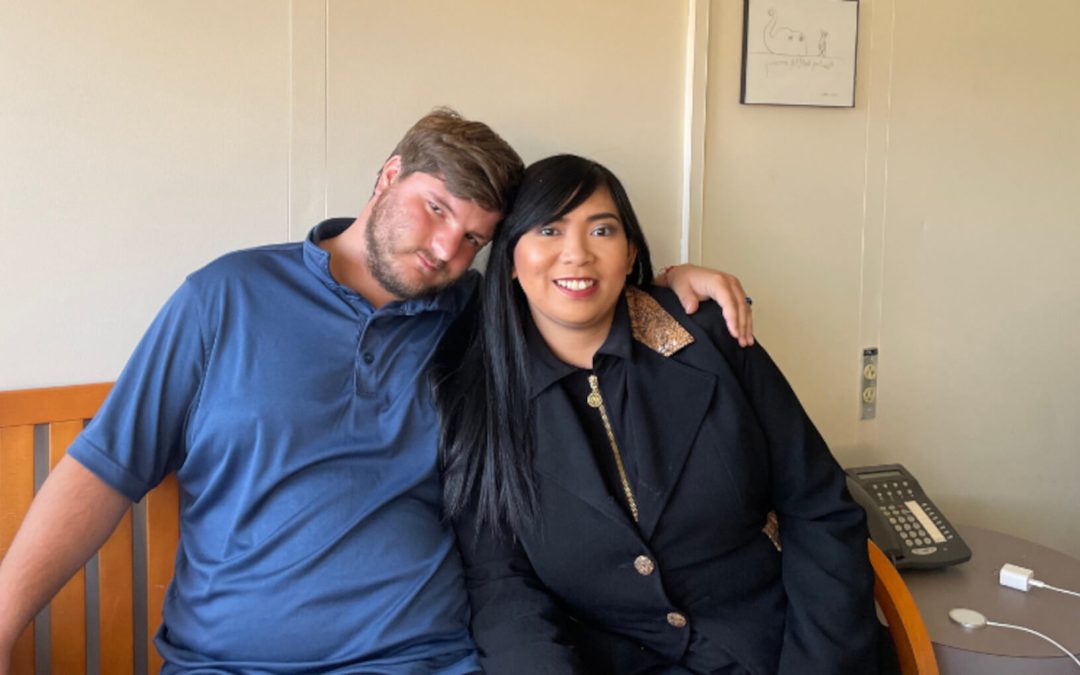In a new turn for the podcast, Scott “The Godfather” Biehl joins us as co-host for the first in a special series of episodes. This week, Scott and Dr. Gwynette are joined by ANN staff Jennifer, Chris, Kyle, and Erin to review some recent news stories and provide commentary and perspective on them.
You can follow Dr. Gwynette on Twitter and Instagram.
Music by @MrBobbyKalman



0 Comments